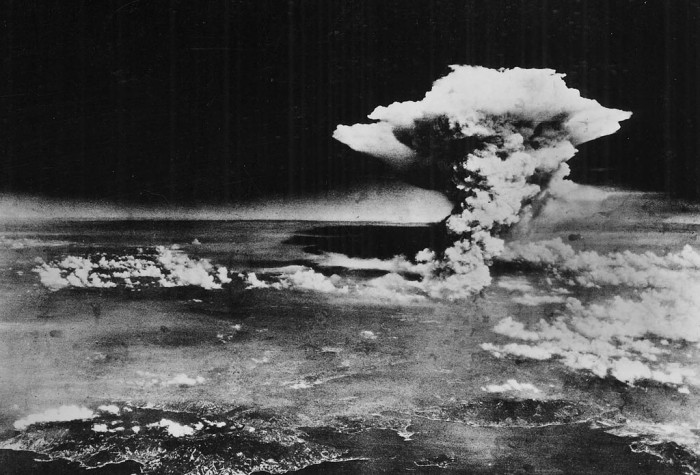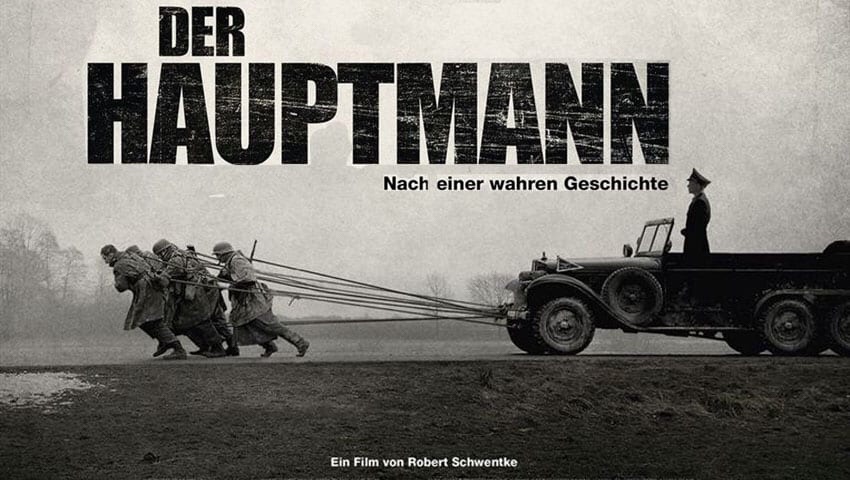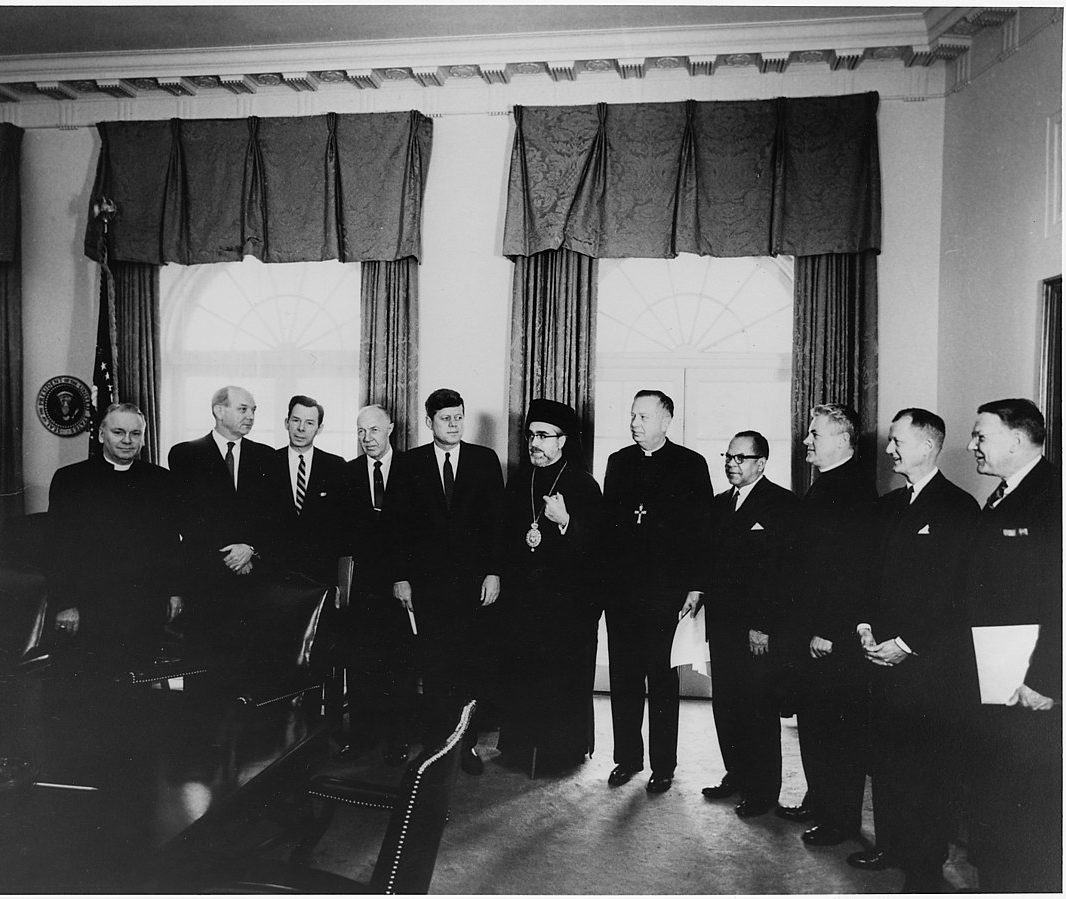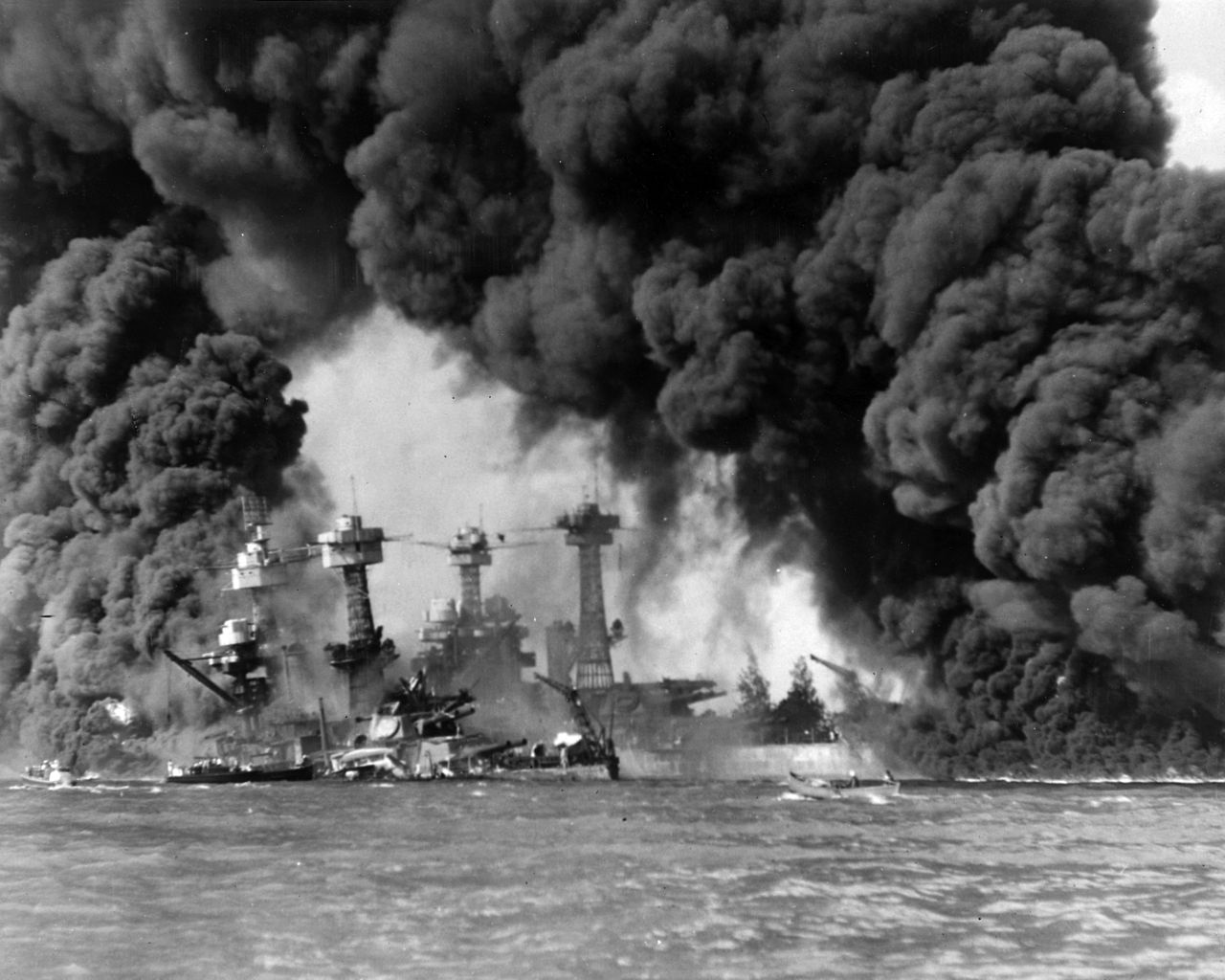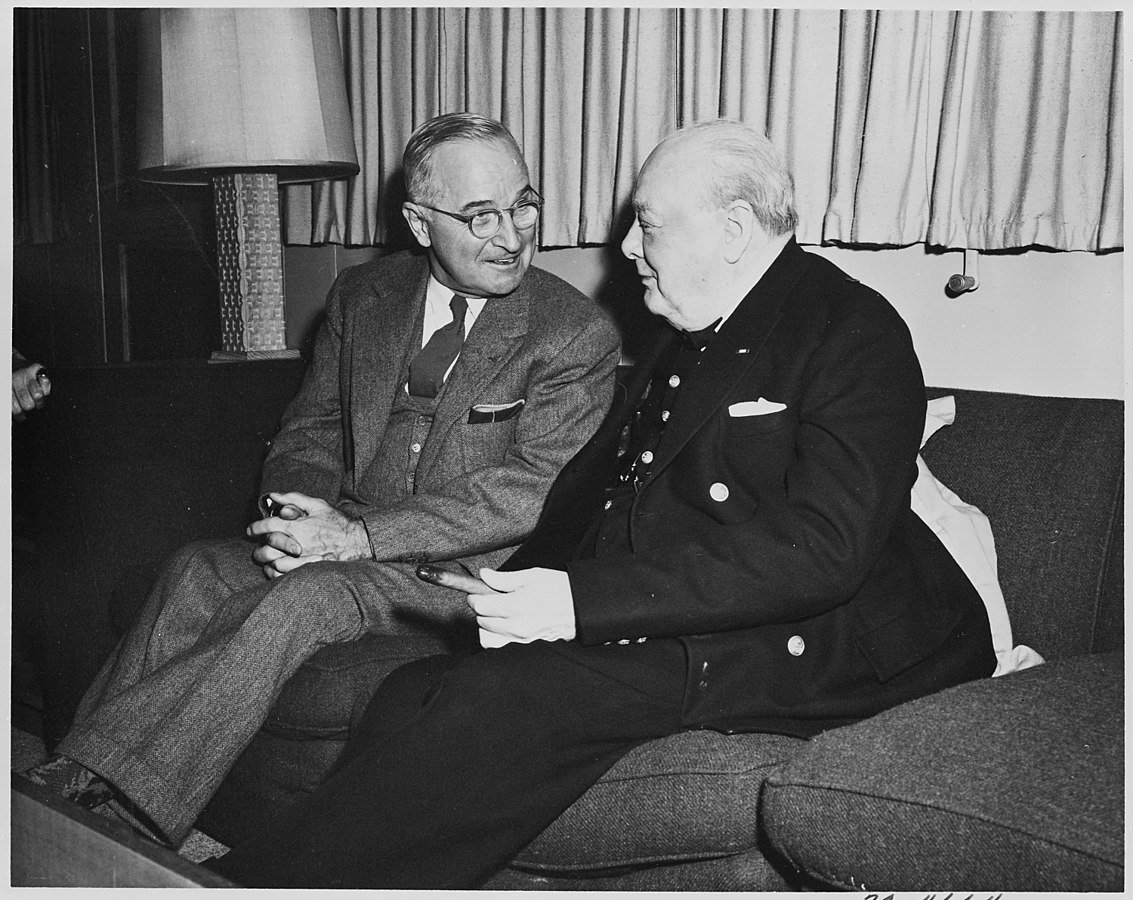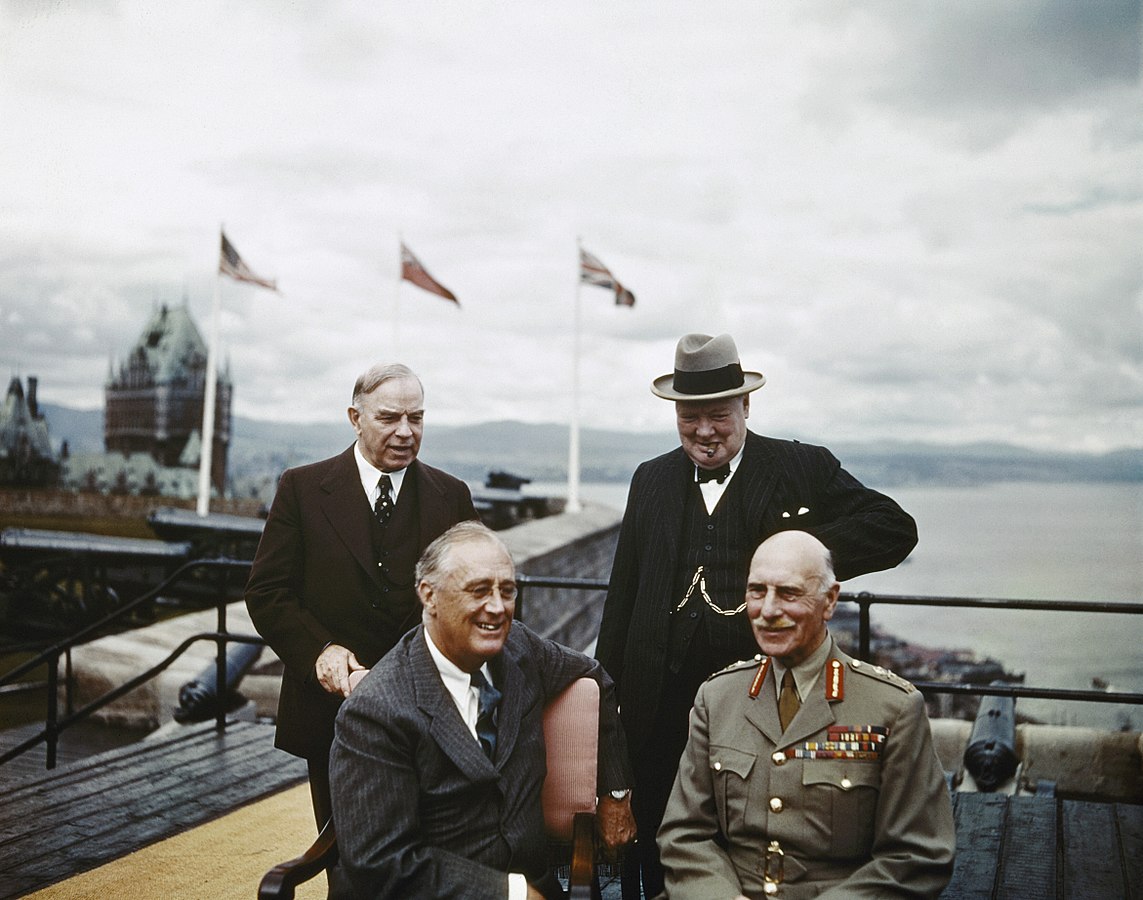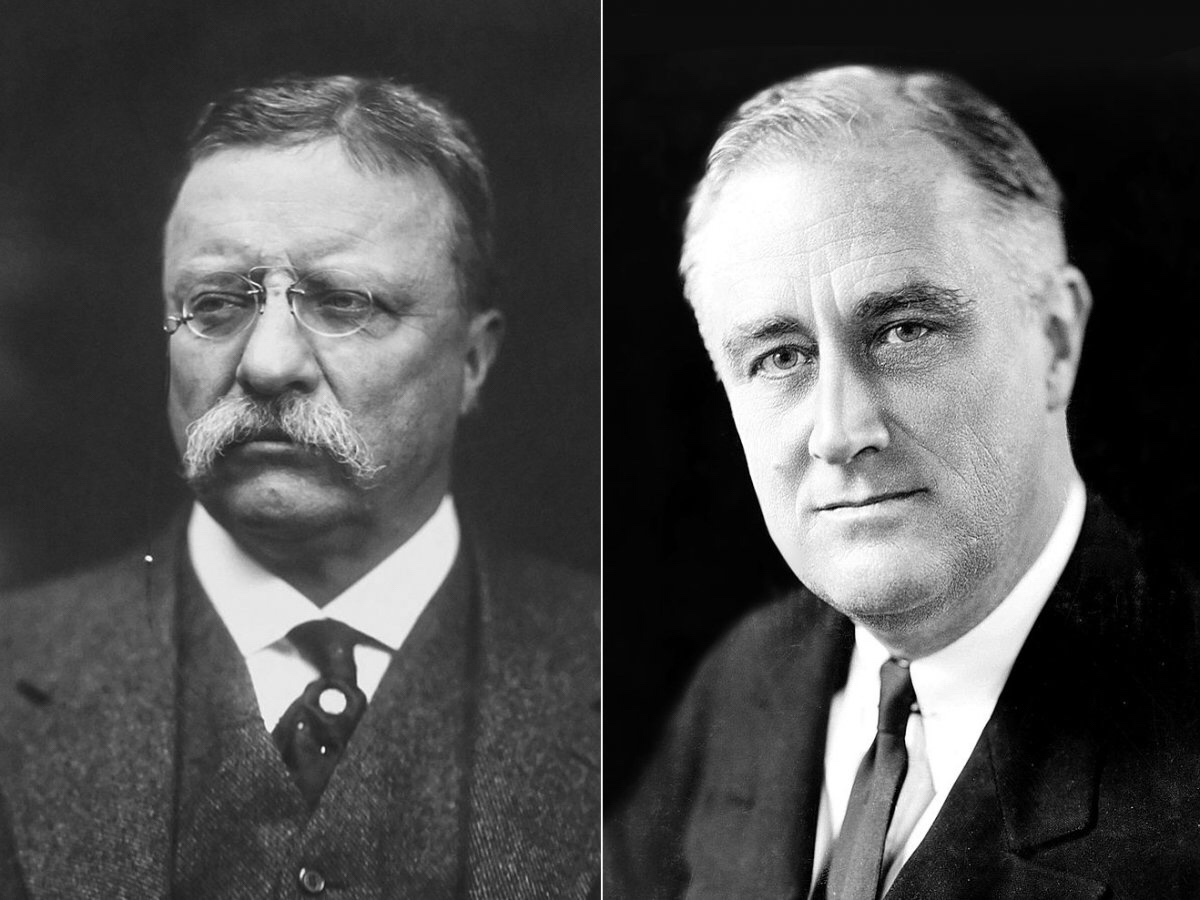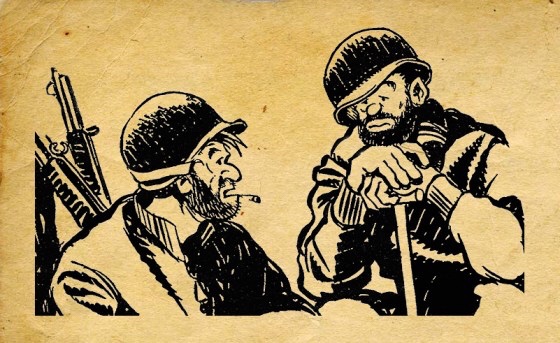Moral Horror: Christian Ethics & Hiroshima
The attack on Hiroshima was a moral horror but not a moral wrong. As such, it reveals important committments that ought to guide Christian moral reasoning.
Marc LiVeccheAugust 24, 2018
National Depravity & Divine Judgment
The Captain is a German WWII film about the spiral of personal and national depravity. Specifically, it’s about war criminal…
Mark TooleyAugust 11, 2018
Was Hitler Really a Zionist?
There is a sinister aspect to any claim that “Hitler was a Zionist.”
Terry TastardJuly 24, 2018
An Ecumenical Consensus
In this article, originally published on July 26, 1943, in Christianity and Crisis, John C. Bennett praises the document “The Church and International Reconstruction” issued by the World Council of Churches. He notes that it unequivocally supports public engagement by the Church, organized worldwide political interaction, and consistent condemnation of national shortcomings for all countries, not merely those most culpable.
Christianity & Crisis MagazineMay 10, 2018
Some Soils and Seeds of Isolationism
Isolation may be impractical, but its appeal is very understandable. In this article, originally published on June 14, 1943, in Christianity and Crisis, Charles Gilkey presents six influences upon this school of thought, and emphasizes the importance of giving primacy to the opinion of returning veterans in defining future U.S. foreign policy.
Christianity & Crisis MagazineMay 4, 2018
British and American Approaches to the Peace
Providence continues to look back at how American Christians thought through the challenges of World War II 75 years ago. In this article that Christianity & Crisis originally published on May 17, 1943, Henry P. Van Dusen proclaims that the postwar peace would rely on international consensus.
Christianity & Crisis MagazineApril 26, 2018
American Power and World Responsibility
The United States’ involvement in two world wars indicates clearly that American isolationism is at a practical end, Reinhold Niebuhr asserts in this article, originally published on April 5, 1943 in Christianity and Crisis. Working toward international integration is a national responsibility – morally and in the interests of security. Alliances depend on the will of their members; it is no different for the United States. Niebuhr also warns of a new danger: a unilateral “imperialist” American military establishment, simultaneously preoccupied with hegemony and unconcerned with the rest of the world.
Christianity & Crisis MagazineApril 19, 2018
Part 1: Protestant Roots of US Foreign Policy Divisions
The foreign policies of Teddy Roosevelt and his distant cousin Franklin D. Roosevelt represent an intersection between two different Protestant worldviews.
Mark TooleyApril 16, 2018
Loser America?
Jesuit priest and author Thomas Reese wrote a Religion News Service column critical of the US missile strikes on Syria’s…
Mark TooleyApril 15, 2018
